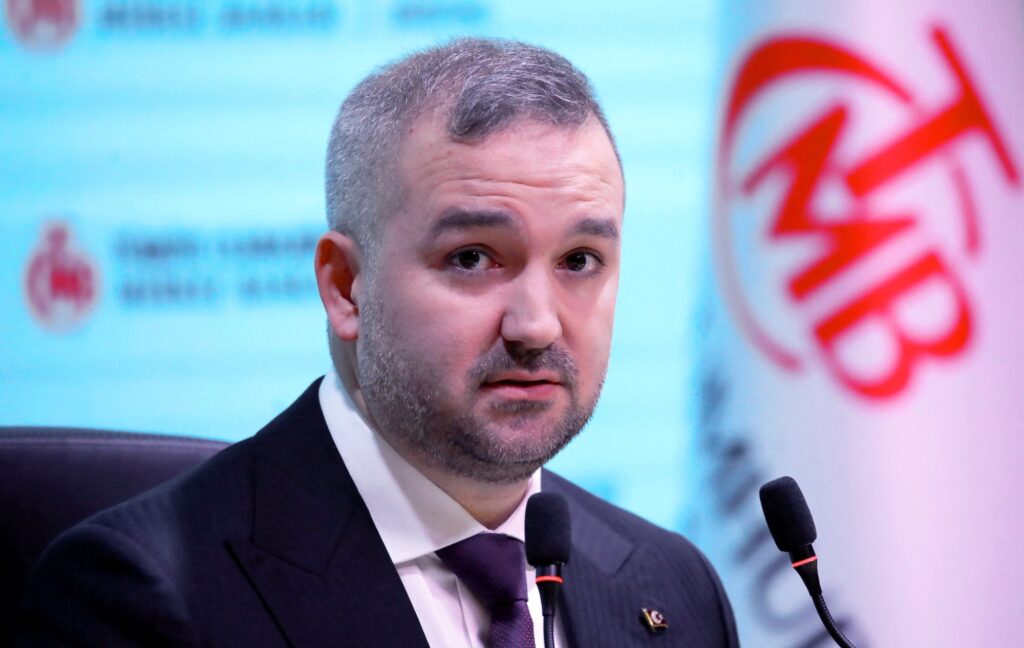One-week repo rate up to 46%
First increase since March 2024
Response to inflationary pressure
Turkey’s central bank raised its key lending rate for the first time in a year, reversing a steady decline this year, on concerns of higher inflation in the coming months.
The bank’s monetary policy committee (MPC) increased its one-week repo auction rate to 46 percent on April 17 from 42.5 percent, the rate to which it had cut in March.
This is the first increase since March 2024, the month when rates went up to 50 percent, before a series of cuts that began in December. The bank lowered its main policy rate by 2.5 percentage points in December, January and March.
In a statement announcing the hike, the MPC said the rise was in response to an expected increase in inflationary pressure this month and beyond, including higher levels of domestic demand.
“Monthly core goods inflation is expected to rise slightly in April due to recent developments in financial markets,” the MPC said.
“Leading indicators point to a level of domestic demand above projections despite some loss of momentum in the first quarter, suggesting a lower disinflationary impact.”
The committee also cited the potential effects of rising protectionism in global trade on Turkey’s fight against inflation, with expected economic activity, commodity prices and capital flows weighing in its decision to increase rates.
The bank also raised its overnight lending rate from 46 percent to 49 percent.
The overnight rate had already been increased on March 21 from 44 to 46 percent in response to political unrest that broke out two days earlier, following the arrest of the opposition mayor of Istanbul over alleged corruption.
After the detention the stock market dropped by as much as 12 percent and the lira touched record lows before some recovery.
Apart from trying to head off inflationary pressures, the rise in the policy rate also aims to serve as a message to international investors who left the market after the March instability, according to economist Mustafa Sönmez.
“The bank is trying to reassure the capital that left and encourage a return, saying: ‘Look, I can always act when needed’,” Sönmez told AGBI.
Domestically, bank interest rates will increase as a result and business borrowing costs will rise, said Sönmez.
“This will also have bad consequences for companies that have low self-capital or liquidity levels, while the decision’s impact on lowering inflation is still very questionable.”
Register now: It’s easy and free
AGBI registered members can access even more of our unique analysis and perspective on business and economics in the Middle East.
Why sign uP
Exclusive weekly email from our editor-in-chief
Personalised weekly emails for your preferred industry sectors
Read and download our insight packed white papers
Access to our mobile app
Prioritised access to live events
Already registered? Sign in
I’ll register later



